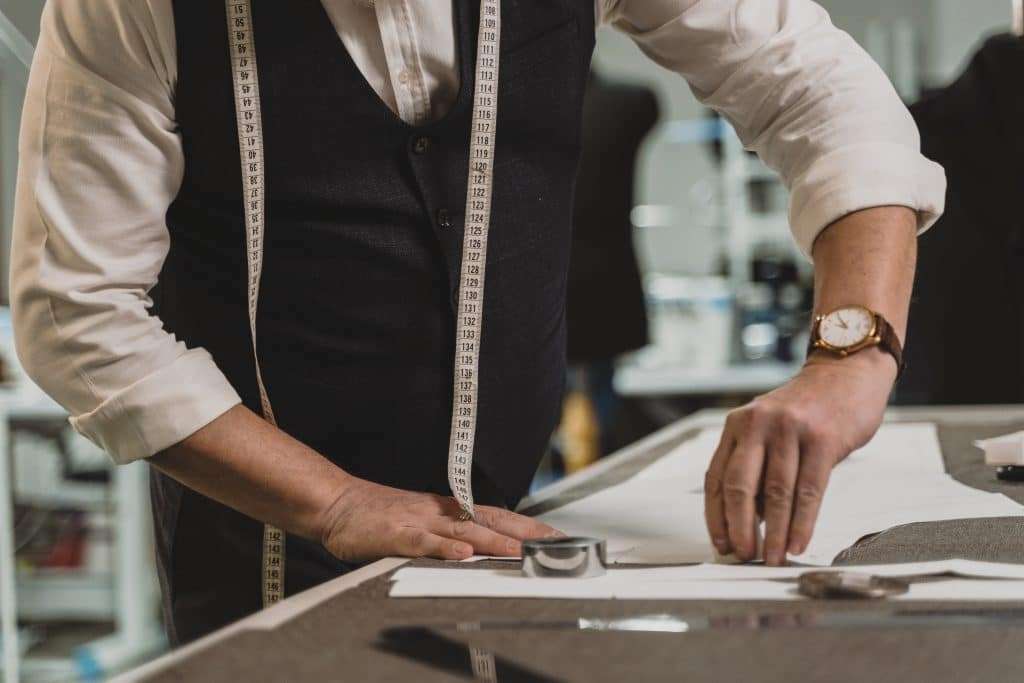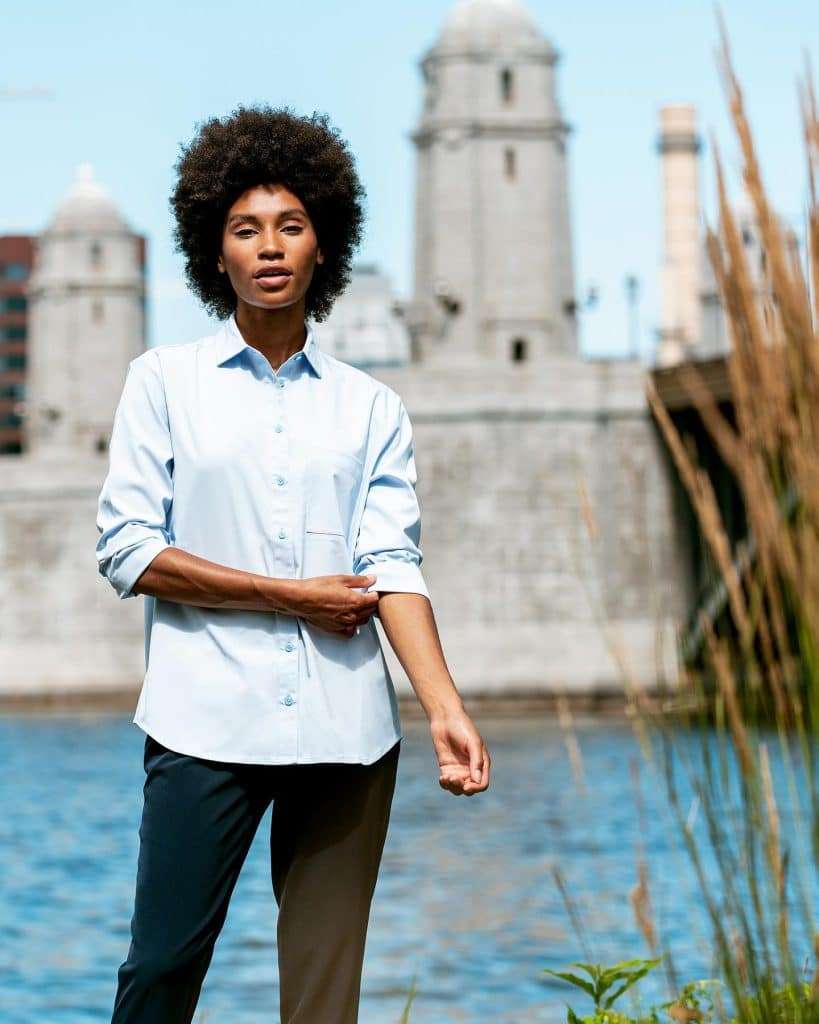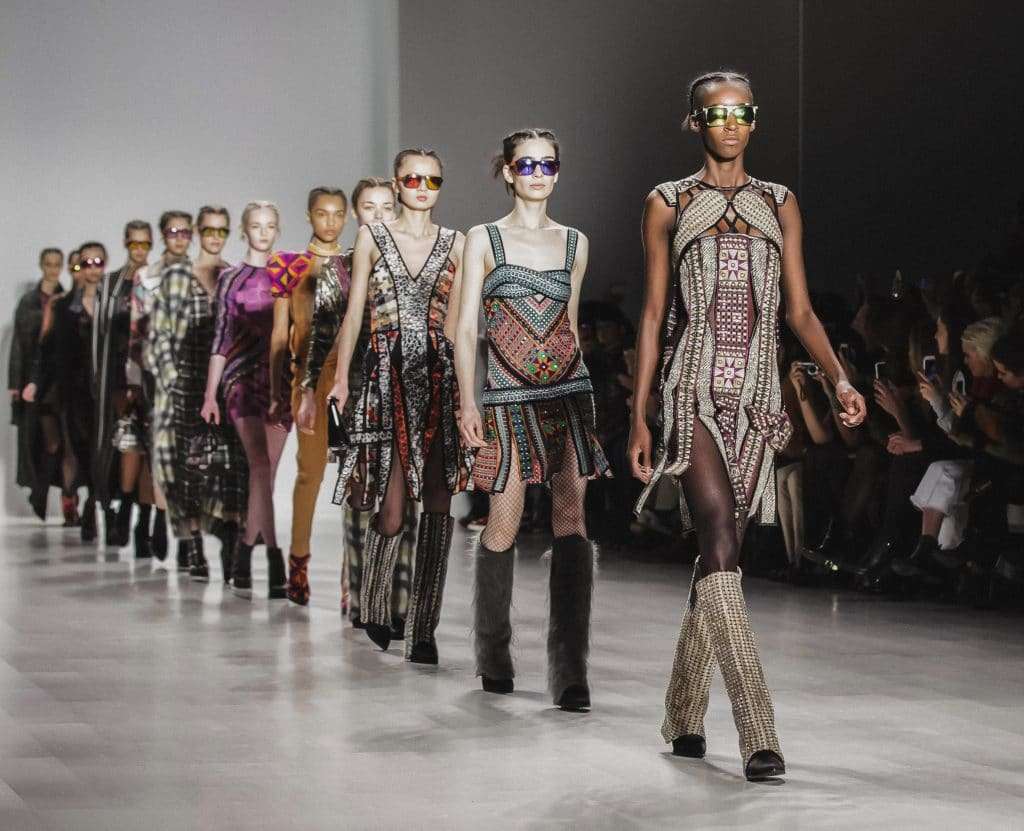The viability of the fashion sector has always rested on creating appealing branding and designs that can pique the interest of buyers and hence set long-lasting trends. Do the same rules apply for sustainable fashion?
When you start your sustainable fashion business, you should be prepared to make creative choices that will help your firm stand out, from naming your business to sourcing materials and dealing with the backend activities of your business. At this point, you should focus on creating a strong business name that will help you have a strong brand identity.
And if there’s one thing we’ve learned as a naming agency with years of experience providing exceptional brand name services to over 35,000 businesses, it’s that the correct name can be a key strategic asset for your fashion business.

So, if you’re having problems or are unsure of the most distinctive name to employ for your sustainable fashion business, this article will help.
Define your fashion company
Because the fashion sector has an effect on so many other industries and niches, it is unsurprisingly a large industry with seemingly endless prospects. This is why, before beginning your firm, you must choose a niche and thoroughly investigate it.
By conducting market research, you will gain a better understanding of what is going on in the niche, where to get supplies, how to manage logistics and shipping, and other concerns impacting the day-to-day operations of fashion businesses in your region.

Defining your sustainable fashion business entails examining the complexities of your market, taking into account the obstacles faced by companies in the same sector; those you can manage; those you can’t; and specific areas where your business can flourish. Understanding this can make naming much easier.
Develop your business’s branding elements
Fashion entrepreneurs aren’t likely to create a reputation that allows them to reach their full market potential unless they accurately define their company’s branding elements.
The fashion sector, more than any other, needs firms to develop a distinctive personality for their brand. Developing these branding elements will assist in the establishment of a strong image and improved brand positioning among your customers.
These brand elements involve your:
- Big Ideas: What fundamental concept(s) does your brand build on?
- Tone: How would you like to engage with clients? Do you want your organization to radiate a modern or traditional style?
- Values: What are your business’s and your audience’s underlying common values?
- Story: What is your company’s engaging story that your clients can relate to?
- Industry Specifics: What fashion industry requirements do you adhere to?
- Benefits: What specific benefits will your target audience receive if they choose your fashion brand?
- Feelings: What emotional reactions should your clients have while interacting with your business?
- Value proposition: Why should shoppers select your fashion brand over those of your competitors’?
Make a list of distinctive name suggestions
Following the creation of your brand’s elements, the subsequent step is to use them as criteria for selecting the ideal name.
While brainstorming, look for ideas in dictionaries, thesauruses, rhyming books, and any Internet resource. The goal is to select words that represent the characteristics you want your sustainable fashion company to convey.

Choosing a decent fashion business name takes time and effort, so be prepared to put in the effort. If your time is limited, the best alternative is to use a trustworthy company name generator or a naming agency.
Be sure to trademark
Even if you come up with a unique and distinctive name, you won’t be allowed to use it unless you register it as a trademark. If you do use it before trademarking it, you may face legal implications.
It is normally advisable to approach trademarking with the help of a trademark specialist or lawyer. They can save you time and reduce the possibility of making mistakes along the way.
Always strive to improve the image of your brand
It takes more than market research, establishing your identity features, brainstorming clever names, and registering for a trademark to create a successful fashion business name.
It takes time and work to use that name as the foundation for branding your company. So, even after you’ve found the right name, make an effort to improve your brand’s image.
Grant Polachek is the head of branding for Squadhelp.com, 3X Inc 5000 startup and disruptive naming agency. Squadhelp has reviewed more than 1 million names and curated a collection of the best available names on the web today. We are also the world’s leading crowdsource naming platform, supporting clients such as Nestle, Dell, Nuskin, and AutoNation.


